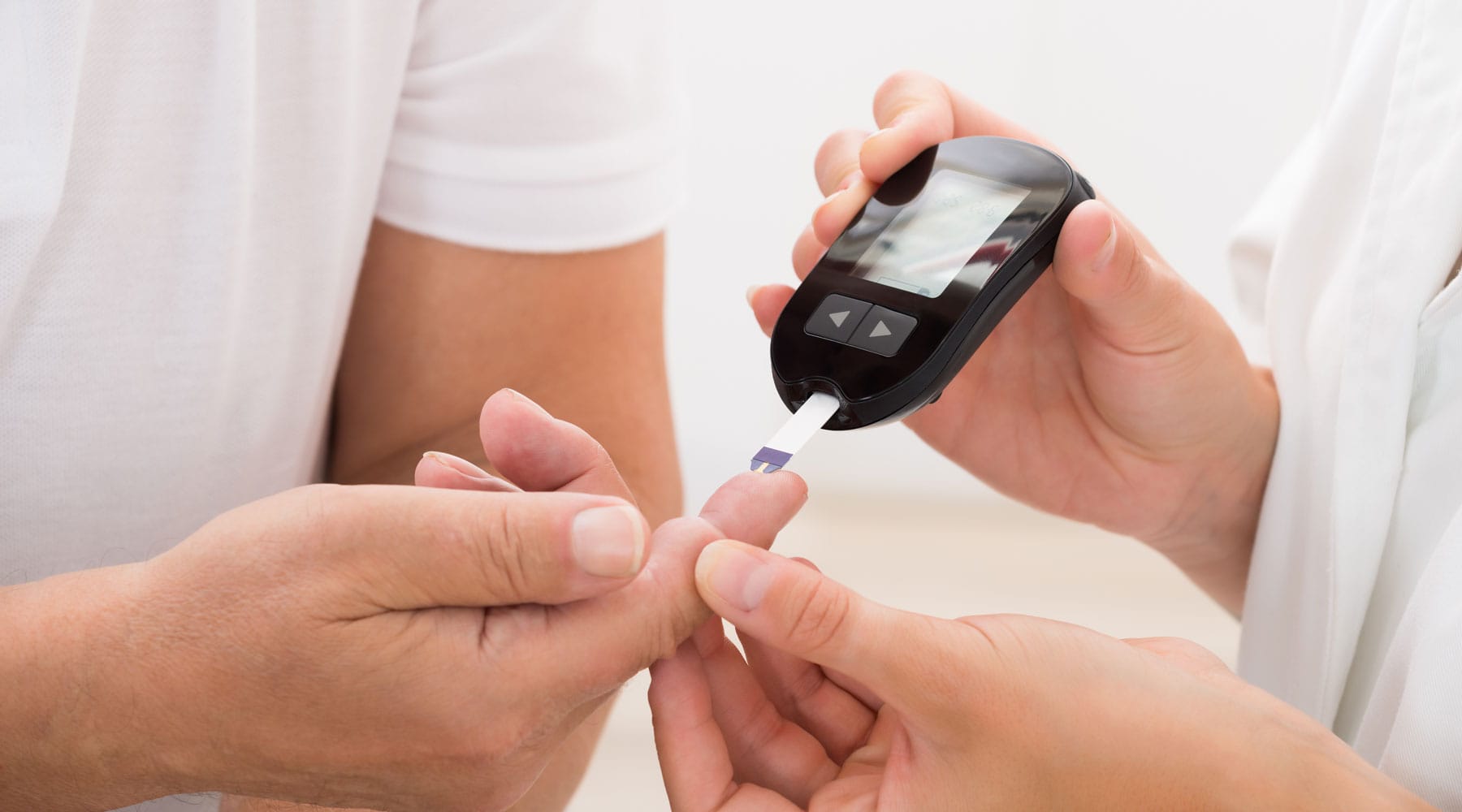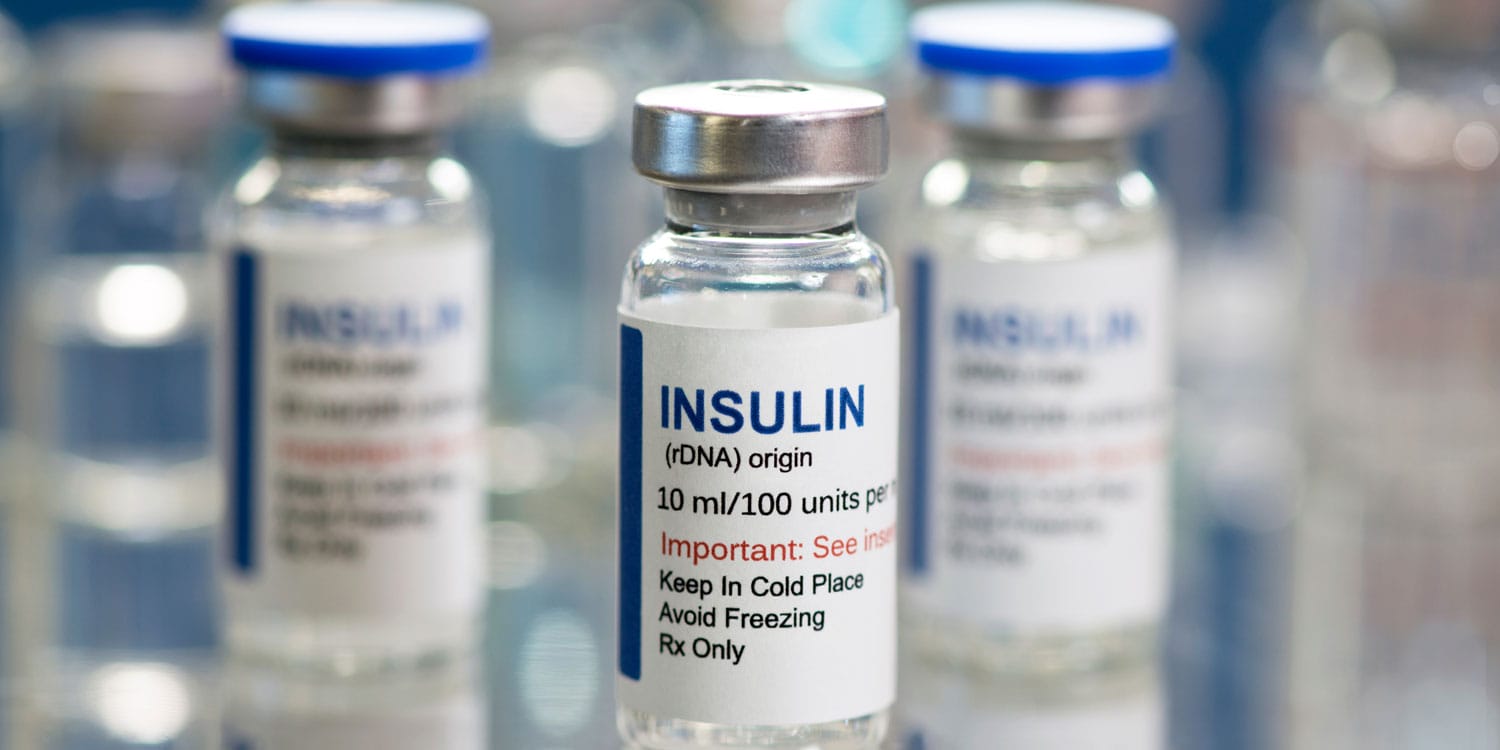
Diabetes is common; more than 37 million American adults have diabetes, and more than one in four adults over the age of 65 have diabetes. Often, adults with diabetes don’t know they have it, yet it can have a significantly negative impact on your health and life. Understanding what diabetes is and how to manage it is a crucial step to a better life.
At-Home Diabetes Treatment with Active Home Health
Active Home Health, Hospice, and Personal Care is a home health care company that offers top-quality at-home care for diabetes patients so you can feel confident about managing and treating diabetes at home. Trained nurses and therapists will help empower you in three ways by:
- Observing and assessing your condition, monitoring and taking your blood sugar and blood pressure levels, monitoring symptoms, and providing other diabetic care as needed.
- Teach and train you and your loved ones on nutrition, disease education, low blood sugar warning signs, and more.
- Administering medications like insulin and others your doctor may have ordered to keep blood sugar levels healthy, blood pressure and cholesterol low, and your heart healthy.
What is Diabetes?
Diabetes is a chronic or long-lasting health condition that occurs when there is too much blood sugar (known as glucose) in your blood. Too much blood sugar builds up when your body cannot manage glucose levels due to a lack of insulin needed to use the glucose for energy in your cells.
Glucose is the primary energy source for your body and is appropriately used when insulin is released; the insulin tells individual cells to let in and use the blood sugar. However, when there isn’t enough insulin, that blood sugar stays in the blood in increased amounts and causes damage to your heart, eyes, kidneys, and nerves.
Common Symptoms of Diabetes
Common symptoms of diabetes can include:
- Increased thirst
- Frequent or increased urination (peeing)
- Unexplained weight loss
- Fatigue
- Blurred vision
- Changes in appetite
- Dry skin
- Sores that won’t heal
- Increased infections
- Depression and increased irritability
Some people do not have any symptoms, so you must check with your doctor and get your blood sugar tested if you are at risk.
Can Home Health Help Treat Diabetes?
Whether you have recently been diagnosed with diabetes or have had it for years, it requires daily lifestyle changes and choices to manage and control symptoms and complications effectively. Working with a trained team of home health providers like Active Home Health gives you the tools and confidence to manage this condition effectively. Learn more about how Home Health Care teams can help treat diabetes.
Frequently Asked Questions About Diabetes
What are the different types of diabetes?
- Type 1 Diabetes: autoimmune condition; the body doesn’t produce insulin
- Type 2 Diabetes: the body doesn’t use insulin properly
- Gestational Diabetes: develops during pregnancy in women and usually goes away when the baby is born
The vast majority of cases are type 2 diabetes.
Does the chance of diabetes increase with age?
Yes, the chance of type 2 diabetes and prediabetes increases with age. Studies have shown that age is a significant risk factor for developing diabetes.
What is Insulin?
Insulin is a hormone produced in the pancreas that helps regulate blood sugar levels and deliver blood sugar (glucose) to the body’s cells. A person with diabetes either does not produce enough insulin or doesn’t use insulin effectively, which leads to high blood sugar levels.
What are the symptoms of diabetes?
Symptoms include increased thirst, frequent urination, unexplained weight loss, extreme fatigue, blurred vision, increased infections, and sores that heal slowly or not at all. People also experience depression, irritability, and very dry skin.
How is diabetes treated?
Diabetes is treated through a combination of lifestyle changes, oral medications, and insulin injections. Increased activity and exercise, a healthy diet, maintaining a healthy weight, and regularly screening for complications all positively impact type 2 diabetes management.
Can diabetes be prevented?
Type 1 diabetes is an autoimmune condition and cannot be prevented, though it can be treated and managed effectively. Type 2 diabetes can be prevented or delayed by maintaining a healthy lifestyle that includes regular exercise, a balanced diet, and maintaining a healthy weight.




